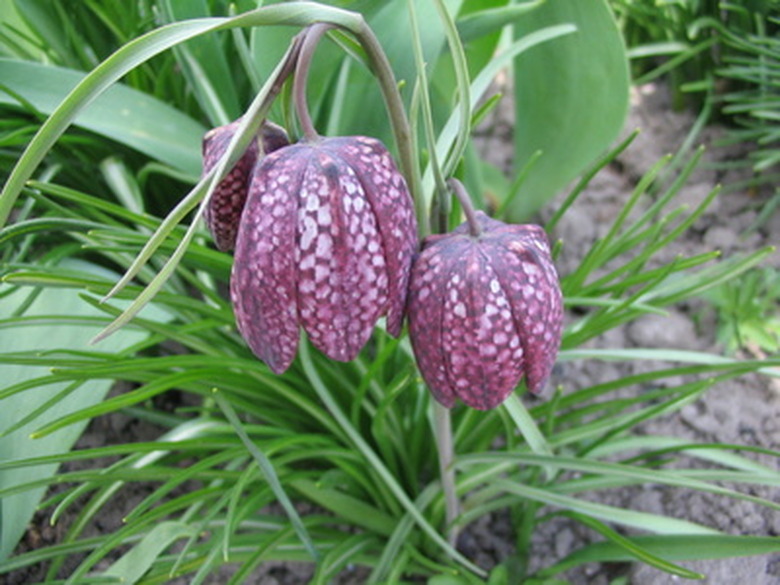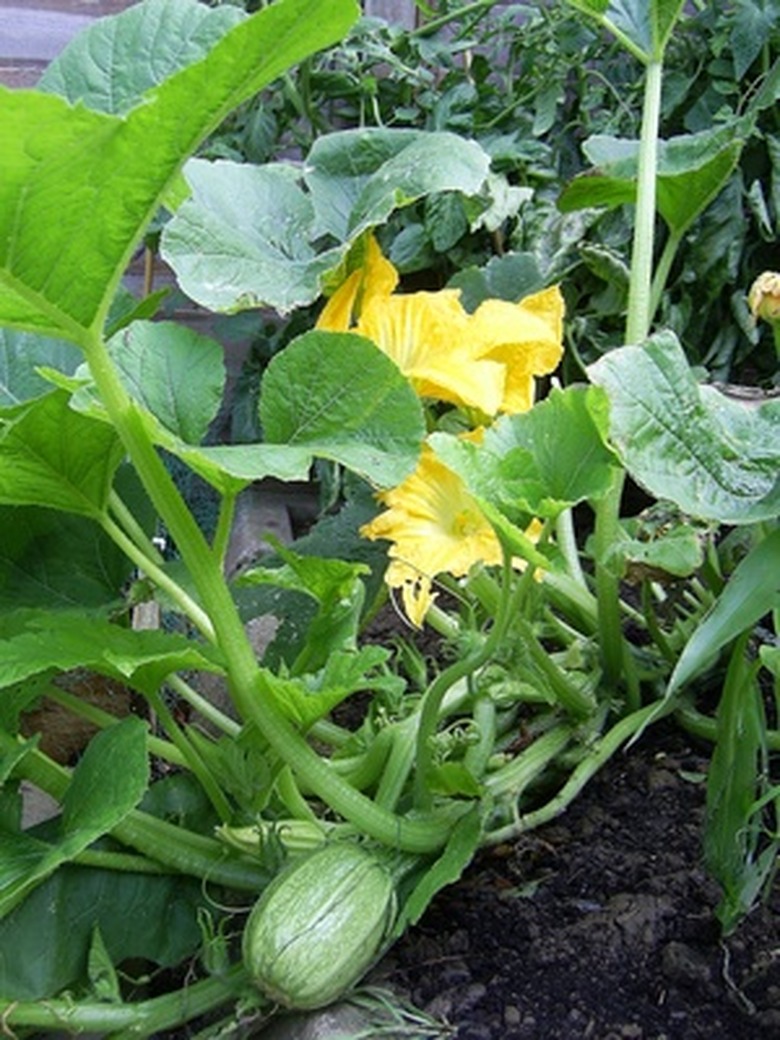What Plants Keep Skunks Out Of A Garden?
Skunks are not welcome guests in many gardens. Skunks carry rabies, and most people are aware of their malodorous spray. To keep skunks out of a garden, add species of plants to your garden that skunks find unpleasant.
Stinging Nettle
Stinging Nettle
Stinging nettle, Urtica dioica, is a perennial plant. This plant can be invasive, so plant where it can be controlled. The leaves have sharp, pointed hairs that break off when disturbed. As the hairs break off, a liquid is produced. The combination of the sharp hairs and the liquid produces an unpleasant and somewhat painful burning or stinging sensation. Skunks will not pass through stinging nettles. Stinging nettles have medicinal uses and can be eaten when cooked. Do not plant stinging nettles where children can come in contact with them. They are highly irritating to human skin.
Squash
Squash
Although skunks may eat ripe summer squash if they can reach it, they will not walk on the leaves of squash plants. Squash leaves contain hairs that are irritating to the skin on the feet of skunks. These hairs are what give squash leaves a fuzzy texture. Under magnification, the hairs look like the hooks from a piece of hook and loop tape. Plant any variety of squash and allow the vines to run on the ground instead of up a pole or trellis. Used as a ground cover, squash will keep away skunks and raccoons. Squash is an annual plant that will require replanting every year.
Fritillaria
Fritillaria
Fritillaria imperialis, commonly known as Crown Imperial, is a springtime bulb that is planted in the fall. It blooms in early spring on 3-foot stalks which produce large bell-shaped flowers in shades of red, yellow and orange. It is an impressive and showy plant. Crown Imperial bulbs are large–about the size of a softball. They have an odor that skunks, rodents and some people find unpleasant. Plant several of them for a stunning spring display and to deter skunks year-round. Crown Imperials will bloom every spring and can be left in the ground throughout the winter. In northern climates they require a layer of mulch to over-winter.
References
- "The Encyclopedia of Organic Gardening: Revised Edition"; Fern Marshall Bradley and Barbara W. Ellis; 1978



